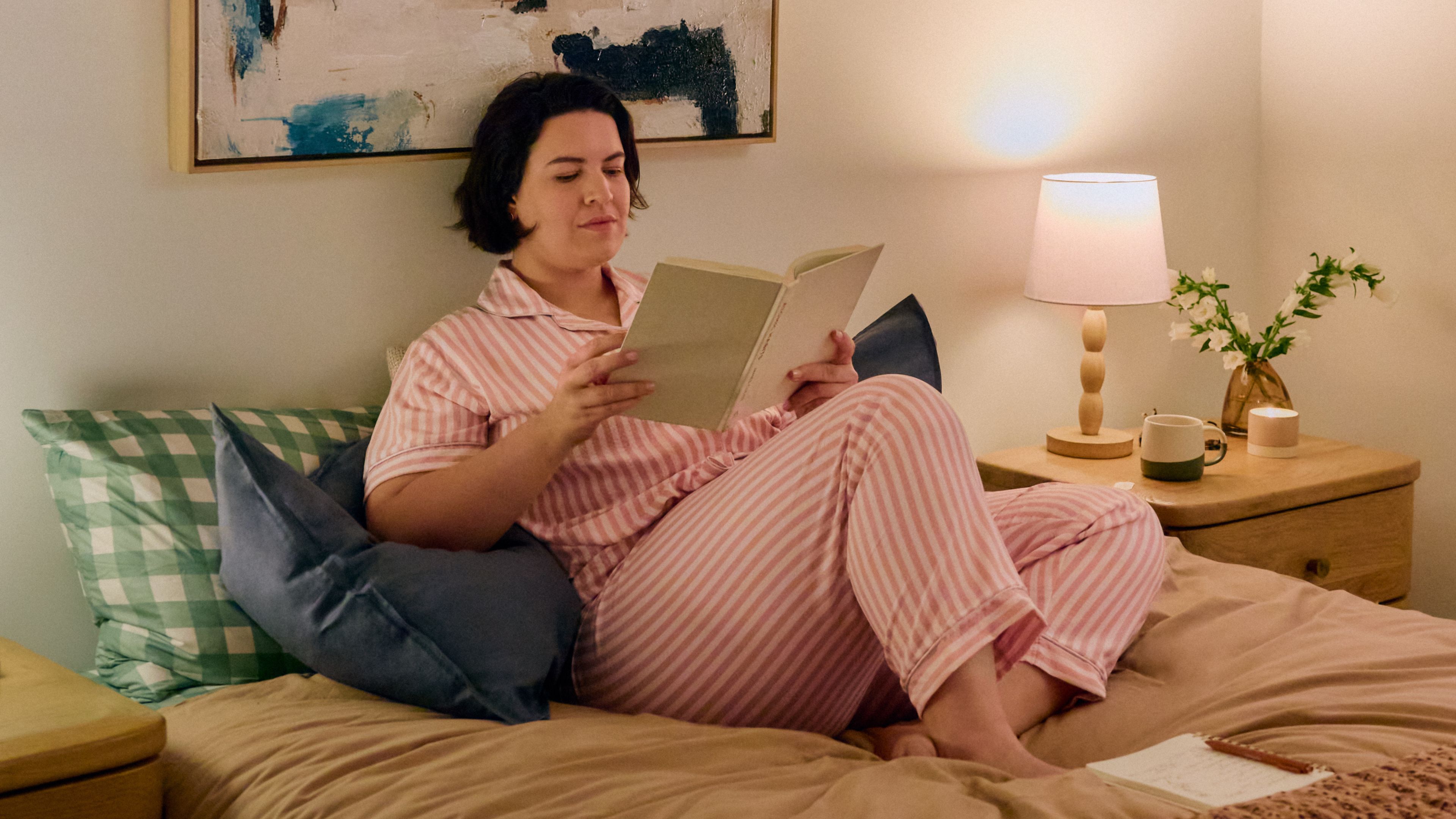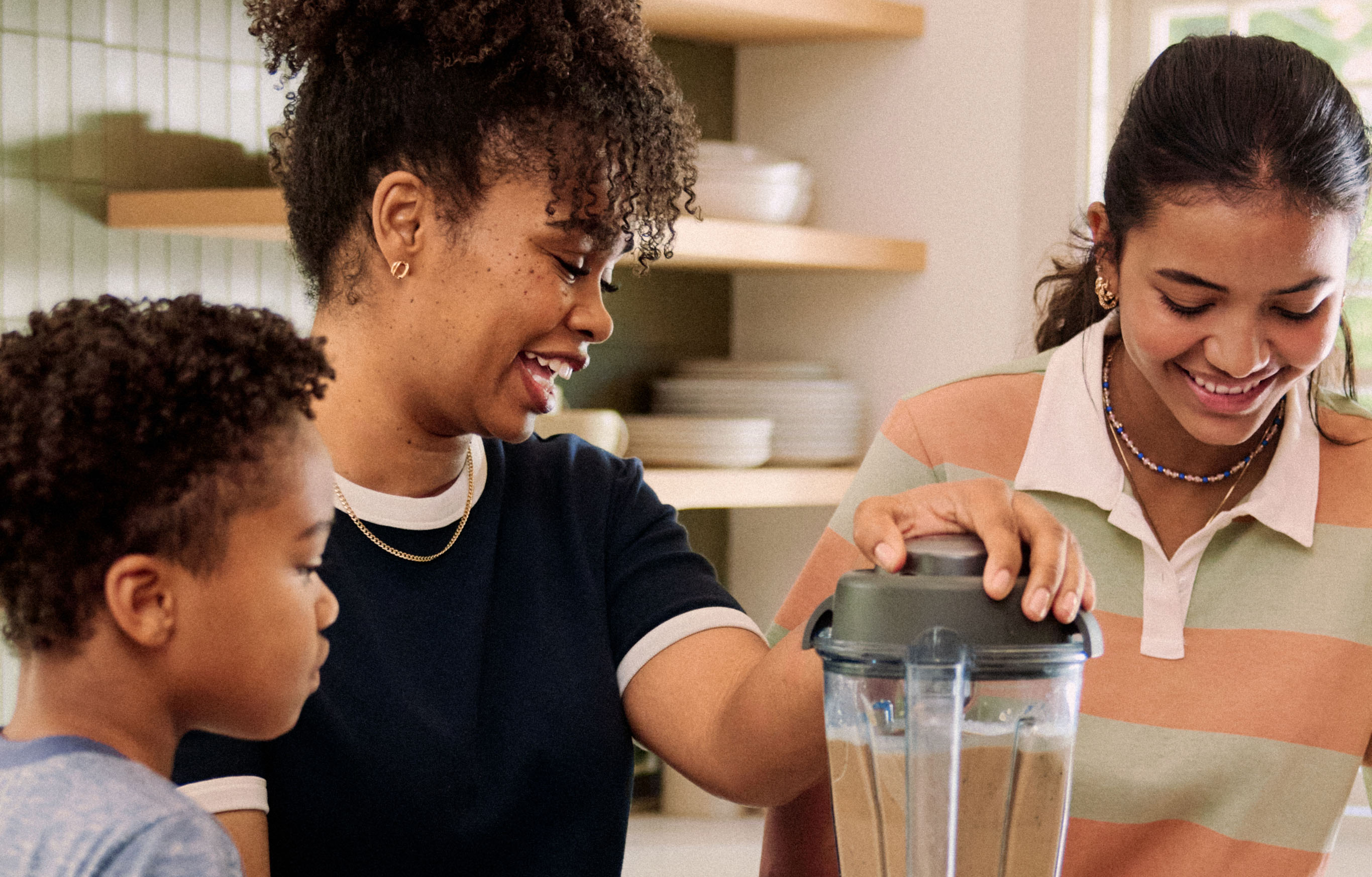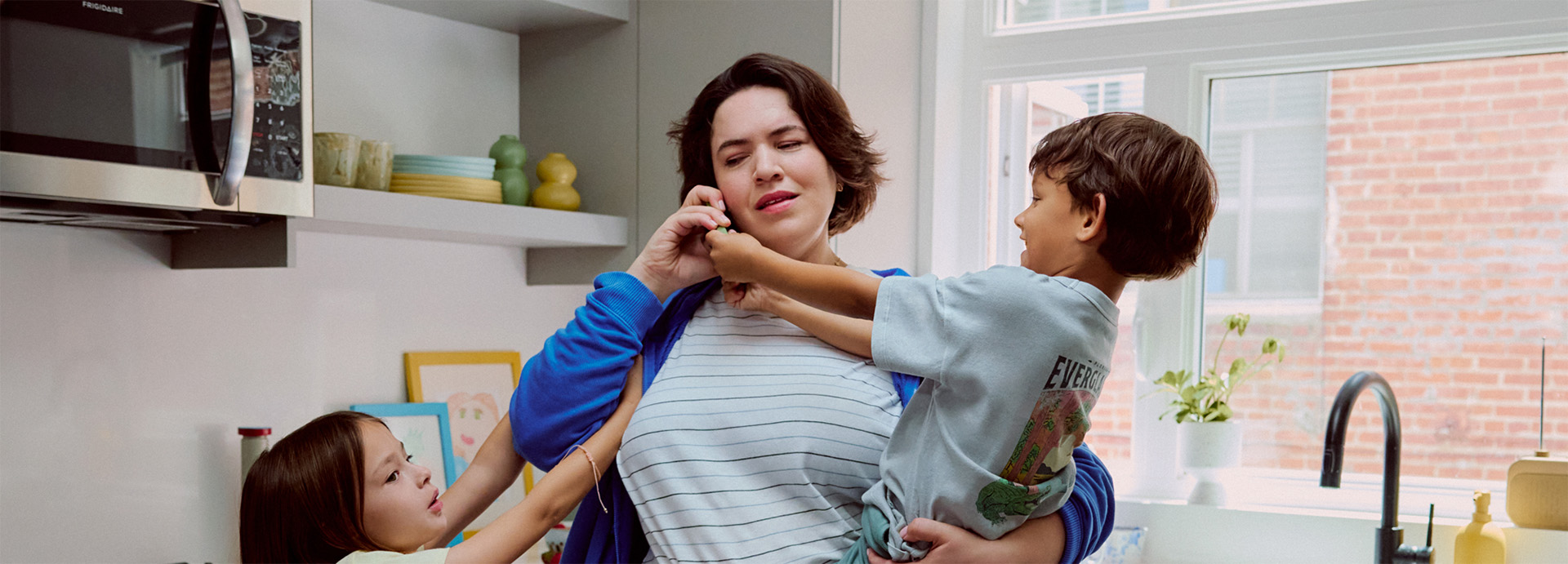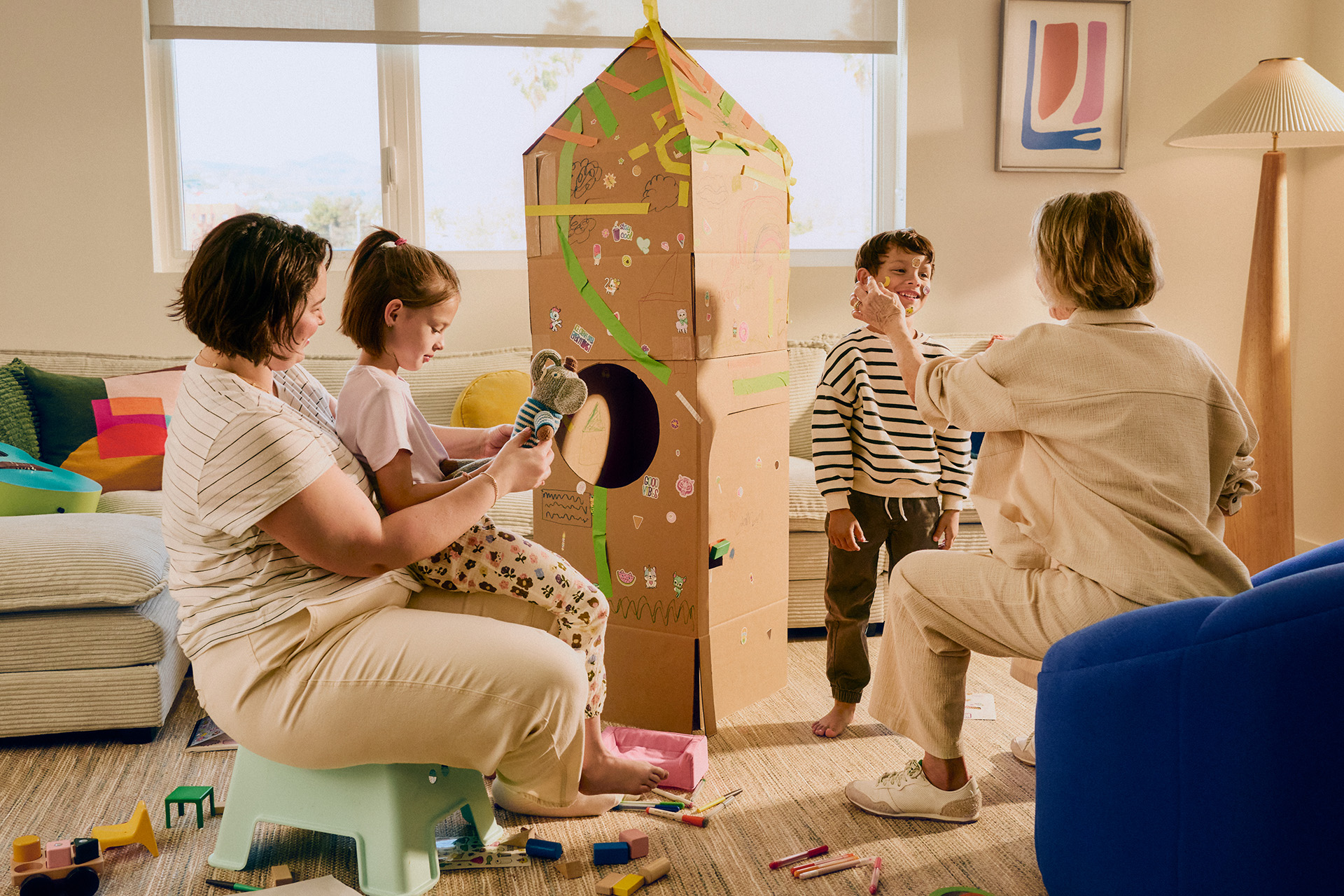Sleep Is Truly Miraculous—Here’s How to Get More of It
And no, you probably don’t need to buy a tracker—you have a phone.
Fast Facts
- Only 26% of Americans get 8+ hours of sleep at night.
- 80% of teens aren’t getting their optimal rest at night.
- Sleep is essential for good mental, physical, and emotional health.
- It takes the average person 30 minutes to fall asleep.
- A few ideas to help you sleep faster: Sleep in a cool space, try the Scandinavian method for partner sleep, add a 20-minute afternoon nap into your routine, and take a warm bath before bed.
How’d you sleep last night? If you’re part of the majority, probably not great. Over half of Americans feel like they need more sleep, and only 26% report getting the recommended eight-plus hours of sleep per night, according to a 2023 Gallup poll. For women and teens, it’s even worse, with 64% of women saying they don’t get the sleep they need (according to that same Gallup poll), and a whopping 80% of teens not getting their optimal rest, according to the National Sleep Foundation.
But here’s the good news: while the consequences of poor sleep are well-documented (including greater risk for depression, diabetes, obesity, and heart attack, among others), the positive impacts of good sleep are nothing short of miraculous, and they’re within most of our reach.
Sleep is truly at the core of family wellness, the ultimate reset button. If you’re ready to get back on track and reclaim your rest (ideally getting seven or more hours of sleep per night for adults and 10 or more for young children), let these fascinating insights be your guide to deeper sleep and sweeter dreams.
The average person takes nearly 30 minutes to drift off once they hit the pillow. We get it, sometimes your brain just won’t shut off. But with a few simple tricks, you can shave that time down to the ideal 10 to 20 minutes and spend less time staring at the clock.
Photographed by Meredith Brunner
A few ideas to help you sleep faster—and better:
- Cool things down: Ever notice you sleep better when the room is a little chilly? That’s not just you. The ideal room temperature for adult sleep is 60 to 67 degrees Fahrenheit. For little ones, a slightly cozier 65 to 70 degrees Fahrenheit is perfect. Try adjusting the thermostat for all bedrooms in the home to this range after dinner, to help everyone’s body naturally prepare for sleep.
- Don’t fear the power nap: The afternoon slump is inevitable, as our body’s tiredness naturally peaks around 2 p.m. But a short snooze around then can actually be your secret weapon. A 15 to 20-minute nap before 2 or 3 p.m. is the ideal length to recharge without disrupting nighttime sleep.
- Take a bath: There’s a reason a warm bath feels so good before bed. Immersion in hot water an hour prior to sleep decreases the amount of time it takes to fall asleep and increases sleep depth. Try making a warm bath or shower a new family ritual before bed to help ease everyone into a sleepy state.
- Create your own personal zone of sleep: Tired of battling your partner for the covers? The Scandinavian sleep method is when couples use separate duvets to transform their sleep environment. It can improve sleep quality for both partners because there’s minimized disruption and each person can find their perfect temperature.
And of course, there are a few habits that harm more than they help. Avoid:
- The “social jet lag” trap: Ever feel wrecked on Monday morning after a packed weekend of socializing and being off routine? That’s “social jet lag”—your altered weekend sleep schedule throwing off your body clock. Prevent family social jet lag by keeping weekend wake-up times within an hour of your weekday ones. This should help everyone, especially kids, maintain a consistent rhythm.
- Sabotage by blue light: Blue wavelengths—which typically come from our electronic screens and some energy-efficient lighting—can be disruptive at night and throw our circadian rhythms out of sync. This is due to blue light’s powerful capability of suppressing melatonin, the hormone that readies us for sleep in the evenings. While it’s not always feasible to avoid screentime at night, try powering down your tech an hour or two before bed and notice how it impacts your ability to fall (and stay) asleep.
Why it matters:
Your body is a remarkable machine that does some of its best work while you’re catching Z’s.
- Sleep shores up your internal defense systems: Sleep is like a personal bodyguard. When you’re asleep, the cells that make up your immune system are particularly good at seeking out viruses and bacteria to stop infection and disease. That’s why skimping on sleep can leave you feeling run down, and why a solid night’s rest is often the best medicine.
- Sleep makes you stronger: Here’s a cool perk: When you’re sleeping, your pituitary gland is hard at work producing a surge of growth hormone. This powerful stuff helps with bone growth, muscle development, and fat metabolism—and we get this for free when we’re sleeping.
- Sleep is the ultimate mood booster: Think of sleep as a mental reset button. As your brain cleans up emotional clutter and begins to process the day’s events during rest, it’s also regulating your feelings. This mood balancing can keep you from feeling irritable and anxious, in turn helping you feel more resilient and happier.
A few fun facts, because sleep is so much more than just rest:
- The Cost of No Sleep: We know poor sleep can make us grumpy, but did you know it’s costing the U.S. an estimated $411 Billion each year?
- Dream Sequence: On average, we spend a total of two hours a night in dreamland. That’s a lot of subconscious storytelling happening every single night.
- The Power of Color: The percentage of people who dream in color has skyrocketed since the invention of color television, with 82.7% of us now experiencing technicolor dreams.
From creating cooler rooms to practicing family wind-down rituals, small, intentional changes can have a brilliant impact on sleep health inside your home. And it really, really matters. Because sleep isn’t just a personal quest, it’s a foundation for your family’s well-being.





